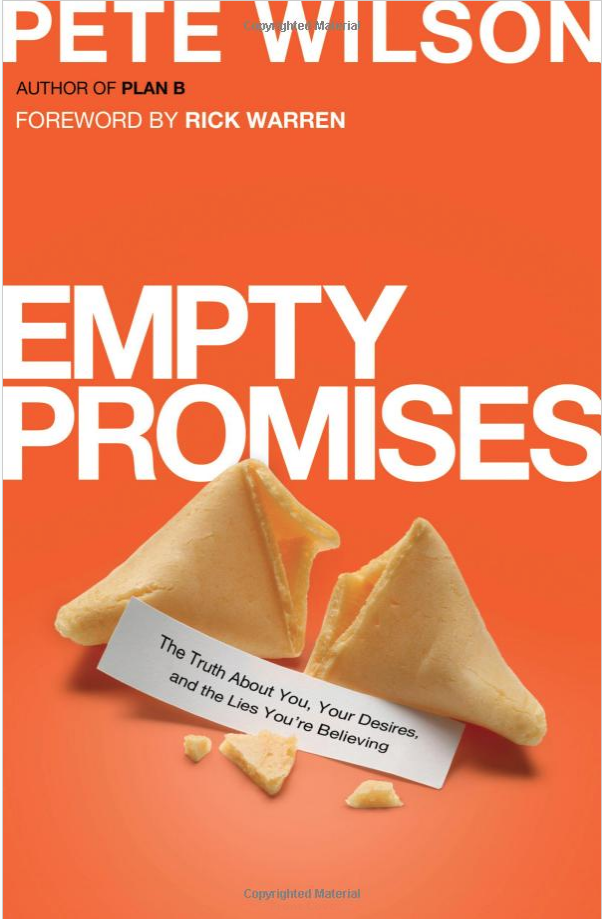- Summary: this book is about idolatry. “The human heart is a perpetual factory of idols.” John Calvin. It’s not a matter of do we have idols, it’s what are they and how do we put God back in first place. Which idol is God’s biggest rival in your life? What we worship shapes who we are.
- The human heart is a perpetual factory of idols. John Calvin
- Idolatry is when I look to something that does not have God’s power to give me what only God has the power and authority to give.
- Idolatry isn’t simply a sin. It’s what is fundamentally wrong with the human heart.
- Simply put, we are a people wired to worship. The question isn’t, “Do we worship?” The question is “Who (or what) do we worship?”
- Too often we allow ourselves to be conned by “when and then thinking”, When I get married…when I make a lot of money…when I achieve certain goals or status…THEN I’ll be happy. But, as Solomon said, “No matter how much we see, we are never satisfied. No matter how much we hear, we are not content.” (Ecclesiastes 1:8)
- The promise of happiness isn’t contained in a product. That promise is found in a person—Jesus Christ.
- You see, the question we’re dealing with in this book is not “Do you have idols?” We’ve already determined that the heart is an idol factory. The real question for any of us is this: Which idol is God’s biggest rival in your life?
- Success-based identity is the assumption that what you do determines who you are. You tend to gather your self-worth externally.
- What is positioned-based identity? It means that instead of gathering self-worth externally—from achievement—we try to receive it internally. We begin to understand that self-worth comes from who we are in Christ, not what we accomplish in this world.
- Letting anything other than Christ define you will grind you down. You will always be on a treadmill of achievement, always be haunted by the thought that you’re not doing enough, always be hungry for the “fix” of public productivity.
- There is zero correlation between money and true peace. Zero.
- It’s interesting that Jesus talked more about money than he did about heaven, hell and prayer combined. Was it because he was fixated on it? No, but he knew we would be.
- Do you like the person you’re becoming? If not, might I suggest that you take a look at what’s on the throne of your heart? Because one of the fundamental truths of human nature—and great dangers of idolatry—is that what we worship shapes who we are.
- What comes into our minds when we think about God is the most important thing about us.” A.W. Tozer
- Without worship, my life quickly shrivels into insignificant moments, purposeless living, and meaningless idol worship that leave me longing and lost.
- The greatest enemy of hunger for God is not poison but apple pie. It is not the banquet of the wicked that dulls our appetite for heaven, but endless nibbling at the table of the world. It is not the X-rated video, but the prime-time dribble of triviality we drink every night. For all the ill that Satan can do, when God describes what keeps us from the banquet table of his love, it is a piece of land, a yoke of oxen, and a wife (Luke 14:18-20). The greatest adversary of love to God is not his enemies but his gifts. And the most deadly appetites are not for the poison of evil, but for the simple pleasures of earth. For when these replace an appetite for God himself, the idolatry is scarcely recognizable, and almost incurable. John Piper
The goal of prayer is not to get good at praying, as many people think. The goal of prayer is not to try to set new records for how much time we spend praying. The goal of prayer is to live all my life and speak all of my words in the joyful awareness of the presence of God. John Ortberg

